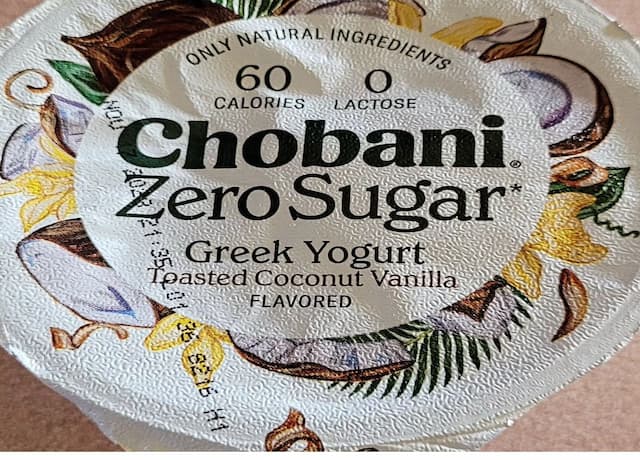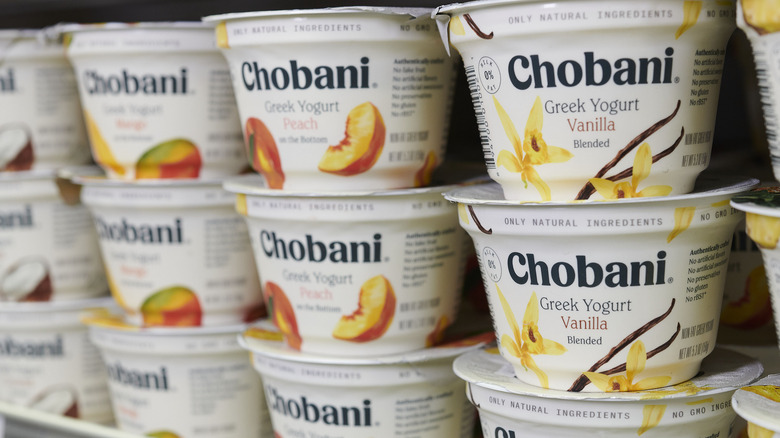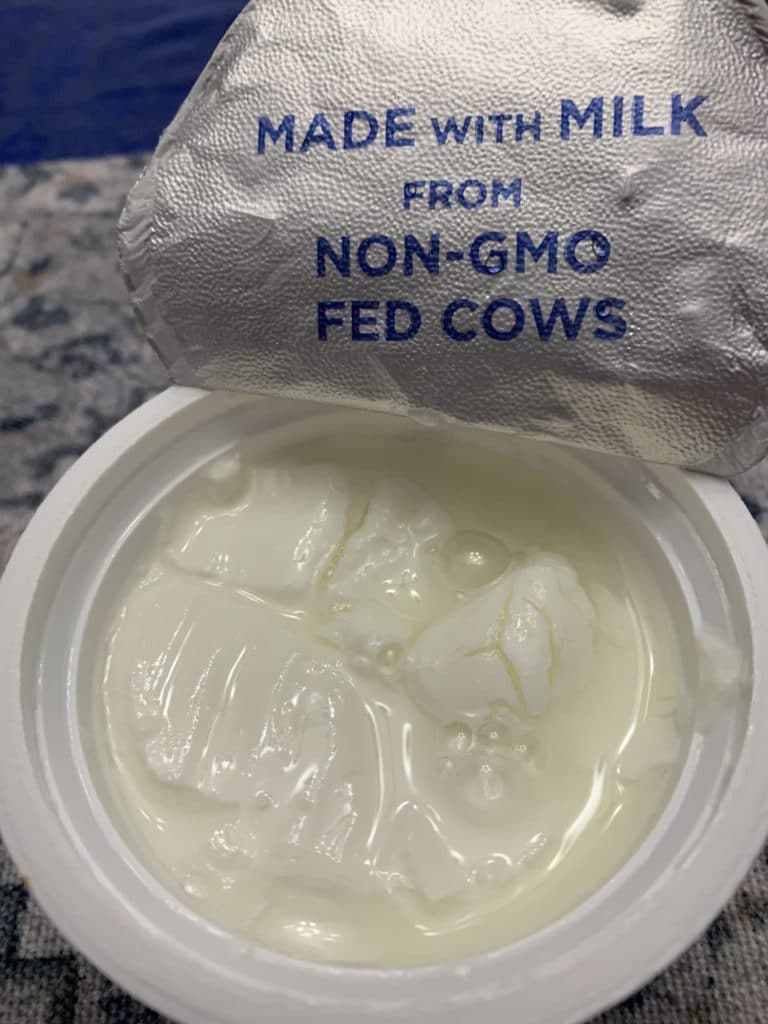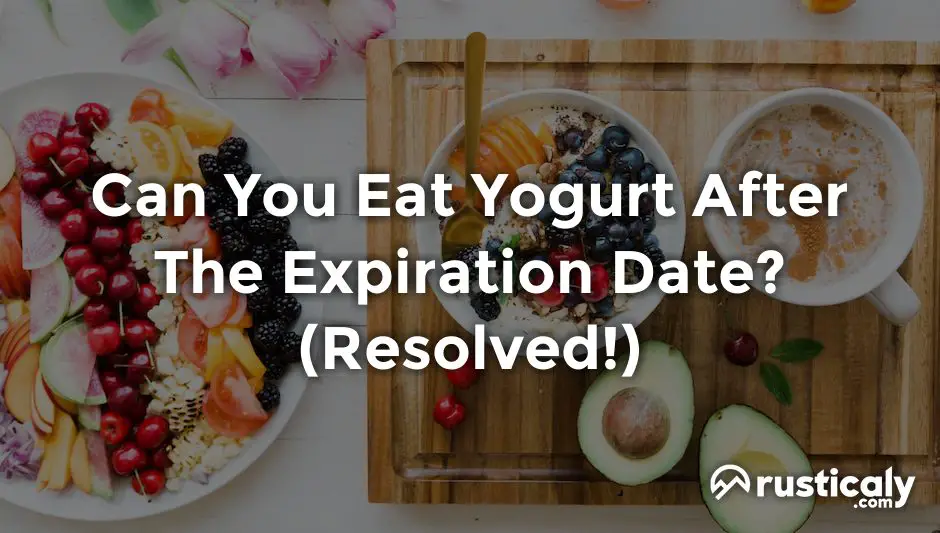How Long After Expiration Date Is Greek Yogurt Good

Expired Greek yogurt sitting in your fridge? Don't toss it just yet! Knowing how long it's *actually* safe to eat can save you money and reduce food waste.
This article provides a concise guide on determining the safety of Greek yogurt past its expiration date, focusing on practical assessments and expert recommendations.
Understanding Expiration Dates
Expiration dates on food packaging are often misunderstood. They are primarily indicators of peak quality, not necessarily safety.
For Greek yogurt, this "sell by" or "use by" date reflects the manufacturer's estimate of when the yogurt will taste its best. It's not a hard stop for consumption.
Factors Affecting Yogurt Safety
Several factors influence how long Greek yogurt remains safe after its expiration date. Proper storage is paramount.
Always store Greek yogurt in the refrigerator at temperatures below 40°F (4°C). Temperature fluctuations can accelerate spoilage.
A sealed container significantly extends the yogurt's lifespan. Once opened, bacteria have more access to the product.
The Smell Test: Your First Line of Defense
Before even considering a taste, give your Greek yogurt a sniff. A sour, unusually strong, or off-putting odor is a major red flag.
Healthy Greek yogurt should have a mildly tangy, slightly sour smell. Any deviation from this indicates potential spoilage.
Visual Inspection: Checking for Mold and Discoloration
Next, carefully examine the yogurt's appearance. Look for any signs of mold growth, which can appear as fuzzy spots of various colors.
Also, check for unusual discoloration. While some separation of whey (liquid) is normal, significant changes in color can be a sign of bacterial contamination.
The Taste Test: Proceed with Caution
If the yogurt passes the smell and visual tests, a small taste test is the next step. Only proceed if you are confident in the previous assessments.
Take a tiny spoonful and pay close attention to the flavor. A drastically sour, bitter, or metallic taste suggests spoilage, even if the yogurt looks and smells okay.
If anything tastes "off," discard the yogurt immediately. It's better to be safe than sorry.
General Guidelines: How Long is it Good?
Generally, unopened Greek yogurt can be safely consumed for 1-2 weeks after the expiration date, *if* stored properly and passes the sensory tests.
Once opened, the window shrinks. Aim to consume opened Greek yogurt within 5-7 days, assuming proper storage and no signs of spoilage.
These are just guidelines. Always rely on your senses – smell, sight, and taste – to make the final determination.
Expert Opinions and Studies
According to FoodSafety.gov, refrigerated foods should be discarded if they show signs of spoilage, regardless of the date.
Many food safety experts, including those at the USDA, emphasize the importance of using your senses to assess food safety. They caution against solely relying on expiration dates.
While specific studies on Greek yogurt's shelf life post-expiration are limited, the general consensus is that proper storage and sensory evaluation are crucial.
Risks of Consuming Spoiled Yogurt
Eating spoiled Greek yogurt can lead to food poisoning. Symptoms can include nausea, vomiting, stomach cramps, and diarrhea.
The severity of symptoms varies depending on the type and amount of bacteria present, as well as the individual's health and immune system.
While most cases are mild and resolve within a few days, food poisoning can be dangerous for vulnerable populations, such as pregnant women, young children, and the elderly.
What to Do if You Suspect You Ate Spoiled Yogurt
If you experience symptoms of food poisoning after consuming Greek yogurt, consult a doctor. Stay hydrated by drinking plenty of fluids.
Rest is also crucial to allow your body to recover. Avoid eating heavy or greasy foods until your symptoms subside.
Conclusion: Prioritize Safety First
Don't blindly trust expiration dates. Always prioritize food safety by using your senses to evaluate Greek yogurt before consumption.
When in doubt, throw it out. The risk of food poisoning is simply not worth it.
Stay informed about food safety guidelines from reputable sources like the FDA and CDC for the most up-to-date information.
















